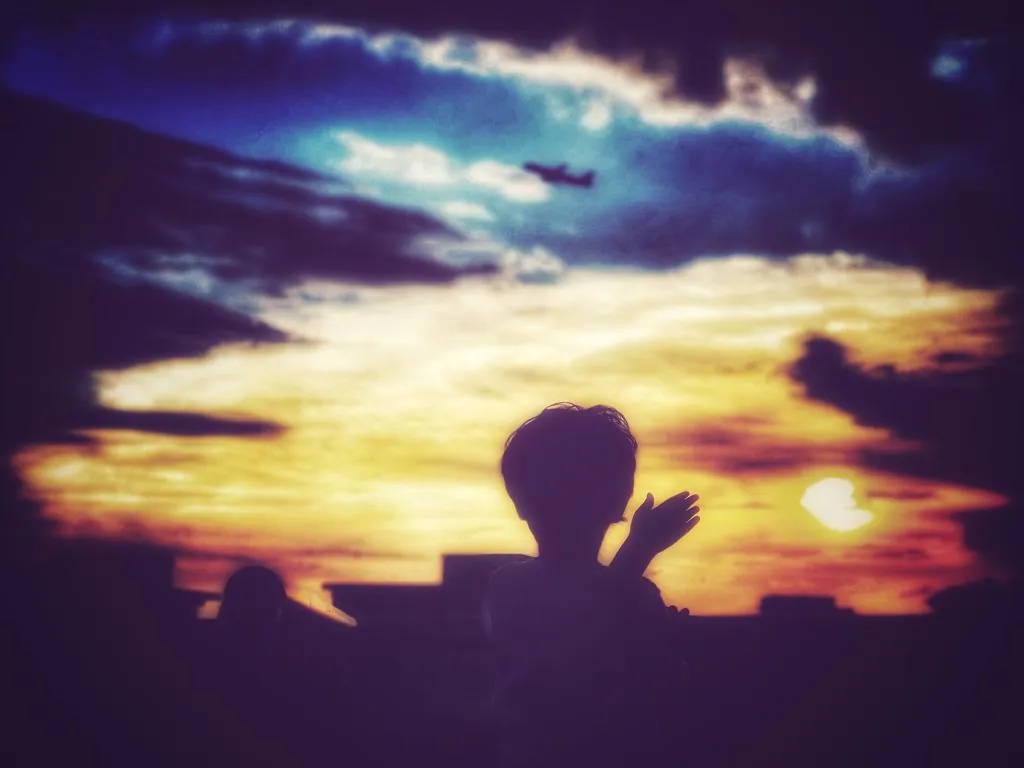Not so long ago, there was a place in the interiors of the city where a few friends lived together. They sang and ate and read and wrote and fell asleep as their endless conversations gradually faded and merged into the twilight. They went to work and often returned home together. Times passed. A child was born in that home. Times became busy and busier with the new born. There was chaos and an unsettling of the familiar order. The old and the new took time to come together, to listen and sing to each other. On every birthday, the little one got a letter that told him stories of the city, the stories of friendships that cradled him and grew with him with a reawakened child in the hearts of those that were growing old.
A new space was born with a new sound art that spoke not just with lyrics but also frequencies, rhythms, vibrations and babbles of the baby. The friends thought they had something new to say. They gave a name to their musical collective after the name of the child they were growing up with. The collective had performed earlier to raise funds for the 2018 flood in Kerala and Balurghat but they came to public eye as Borno Anonyo in 2019 as a ‘band’ and released their first album on Mahalaya of that year. Their preoccupation with the idea of the child and the idea of time echoes in their album title ‘Song Letter: Kichhu Ateet Agamir Jonyo’. More albums released whose titles too echoed the ethos and engagements of those who formed the band- Borno Anonyo released Movements (2021), Small Letters (2021) and Ep Kolkata volume 1 (2022).
People came and went. Some stayed back, some moved apart. New members joined the band. Old ones moved back and forth. The idea of the child never left though. Borno anonyo is the story of a constant search for ‘home’ and the ever incomplete journey of homecoming. They compose and sing songs of loss and longing that are true to the times now as they were true to the times that we think we’ve moved past. Borno Anonyo is a story that connects histories and moves beyond the very idea of the historical. If it speaks of protest today it speaks too, of the poetics of protests and the vulnerability of an artist who like the child is forever failing, trying to cope with that which tames and that which is her inner calling.
The band is passionate about creating a soundscape and an intertextual musical narrative that may not be familiar to bangla music yet. Hence they often find it unnecessary to label a genre of performance. An operative genre at best, is a combination of urban and mystical folk since folk mystic tradition forms much of their musical interpretation and philosophical engagement. Their contribution to Bengali music lies at the heart of reinterpreting the past in the context of the present, revisiting the times and melodies and poetry they grew up and translating/trans creating works of art in English within the context of bangla bhasha and bangla bhabna. In doing so, they reimagine and translate both time and language and emote the affect of their time and their land. Their musical performances have carved out a hitherto unexplored genre that often stitch the literary, cinematic and theatrical expressions into one single art form. They sing to times changing and eternal, they sing of the prosaic and the poetic, they sing to the idea of a child and the idea of a city that grow everyday yet never fully change, they sing to the melancholia of parted lands and hearts and the romance of homecoming that is incomplete now and remained unfinished then.

